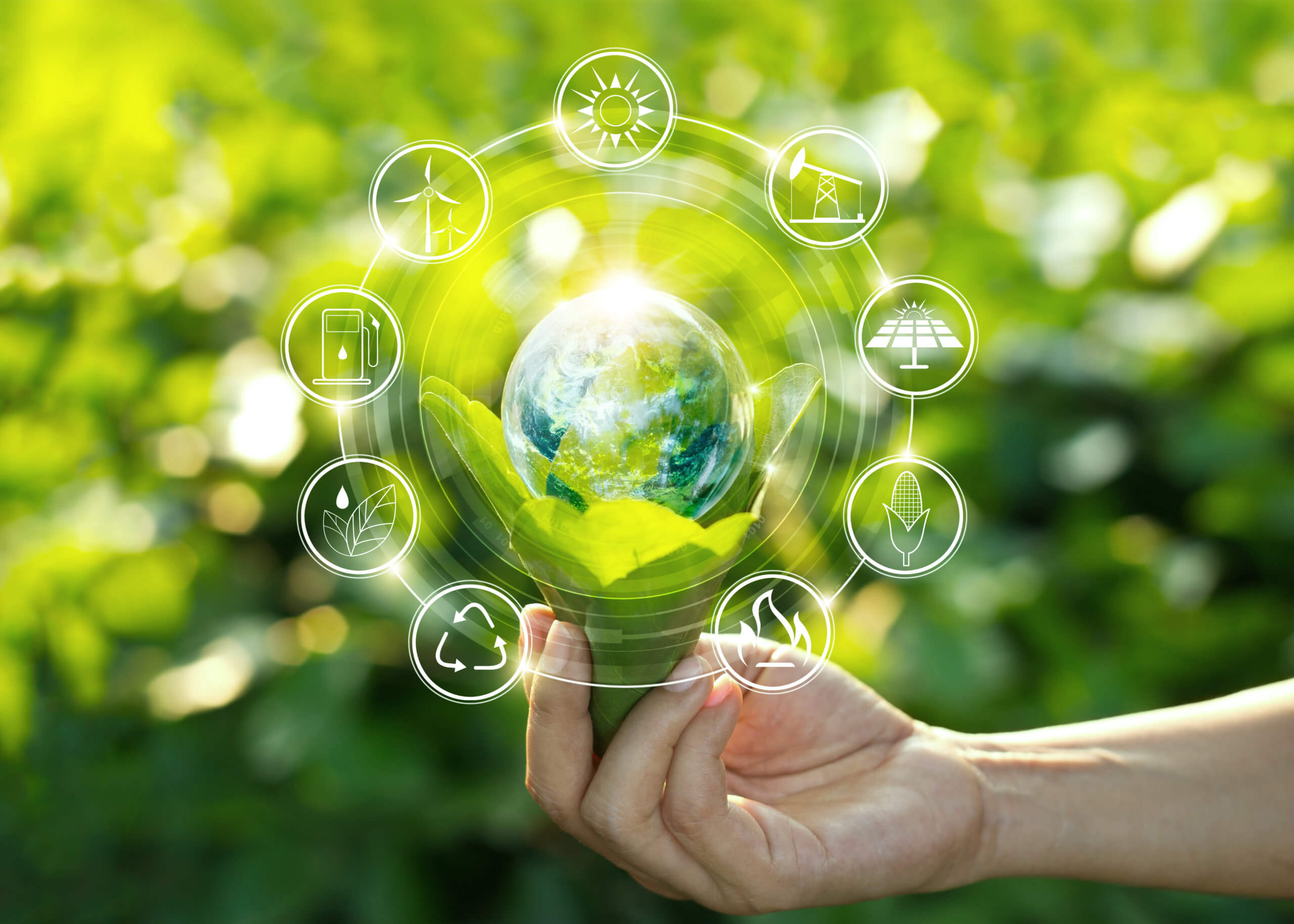
Companies are increasingly zeroing-in on net-zero commitments and sustainability goals to respond to calls from governments, nonprofits and even shareholders for more environmentally conscious decision making. When companies look to answer these calls, emissions reductions are often a high priority, along with investing in new technologies and materials that can make operations and products more sustainable. As companies seek to act on their environmental commitments, they should consider plastics as a solution to help companies reduce their carbon footprint while returning healthy profits.
“Green” or sustainable investing has quickly risen to prominence in the last few years, with more and more companies creating internal programs that focus on climate change and environmental, social, and governance (ESG). Many companies have a section in their annual report dedicated exclusively to these issues, along with laid plans to meet sustainability goals. In fact, as of 2020, 88% of publicly traded companies had ESG initiatives in place, along with 79% of venture and private equity-backed companies. Many of these companies, while undertaking impactful initiatives, are responding to heightened political pressure as the Biden administration sets the goal of halving U.S. greenhouse gases by 2030. Even the SEC’s semiannual regulatory agendas, published in June 2021 and December 2021, focus heavily on ESG matters, including potential company disclosures regarding climate risk.
Now more than ever, companies across industries are incentivized to make sure their products and operations have the lowest environmental impact possible. According to the Sustainability Accounting Standards Board (SASB), 68 of 77 industries are significantly affected by climate risk, which has pushed corporations to satisfy the increasing demand from policymakers and shareholders to have real and actionable response plans to this challenge. As important as this long-term vision is to make progress towards a more sustainable future, plastics could be key to helping companies reach climate goals.
Plastics are already woven into everyday consumer life; from the toothbrush we brush our teeth with to the trash receptacle we bring to the curb at night for pickup. Plastics are often the material of choice for these everyday needs because it outperforms glass, steel, and wood by being more affordable, highly durable, and more versatile. According to life cycle assessments (LCAs), plastics are also the most environmentally beneficial material when compared to alternatives.
A recent white paper by environmental scientist Kenneth Green showcases several LCAs that find that plastics, in single-use applications or in long-term use, are a better choice because plastics reduce carbon emissions on a full life cycle basis. Alternative materials like glass and metal are also more resource intensive, not only producing at least four times more emissions than plastics, but also relying heavily on energy and water for production.
The benefits of plastics over alternatives is seen across industries. The automotive industry, for example, utilizes plastics for parts, which reduce the weight of trucks and cars and lead to improved fuel efficiency. This is key for reducing the industry’s carbon emissions. In the transportation, shipping and logistics industry, plastics has become a necessity because plastics are lighter, while also being more durable. This allows for more products to be packed into fewer shipments, resulting in fewer emissions during transportation both onsite and between retail locations and consumer homes.
In the food and beverage industry, plastic is an excellent alternative for paper or glass packaging, because it keeps food fresher for longer and reduces food waste for both companies and consumers. A reduction in food waste creates a chain reaction along the supply chain that encourages a smaller carbon footprint. Even in the technology sector, plastics has revolutionized the ability to produce high performance products that are more energy efficient, from microchips to handheld electronic devices. By using more plastics, and reaping the many benefits they provide, companies are closer to meeting their green goals.
While plastics are vital to reducing the emissions of the products we know and love, investment in the technologies that process post-consumer plastics require equal attention. Advanced or molecular recycling, together with mechanical recycling, requires more investment to be commercially scaled up. And the industry is already leading the way.
Over the last five years, industry has invested over $5 billion into several pilot programs to research innovative advanced recycling technologies that recycle complex plastic polymers. In 2019, Shell announced an advanced recycling technology that breaks down complex and multilayered plastic back into its original polymers so that it can be used to produce new plastics. In 2021, ExxonMobil announced its first large-scale plastic waste advanced recycling facility to be operational by the end of 2022. And as of January 2022, Eastman Chemical Company announced plans to invest up to $1 billion to build the world’s largest molecular plastics recycling facility in France, the goal which is to accelerate the transition to a circular economy. With continued support from governments and private companies, recycling is a clear solution to plastic waste challenges.
As long-term investment interests of banks, academic institutions, and other multilaterals are constantly changing, plastics should be viewed as an answer to the call for environmentally conscientious products and operations. Investing in this lucrative material, and the advanced recycling systems that ensure that plastics stay out of the environment and inside the economy, are the investments of tomorrow.